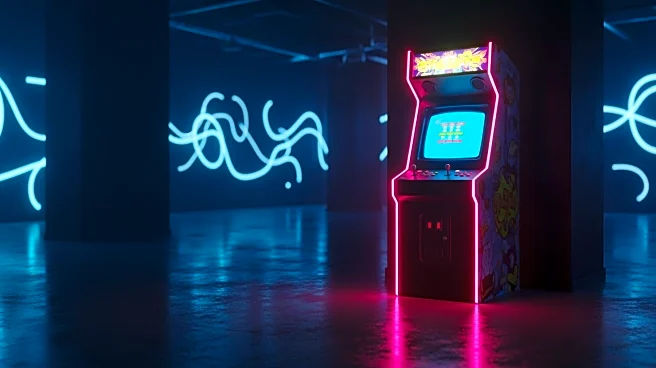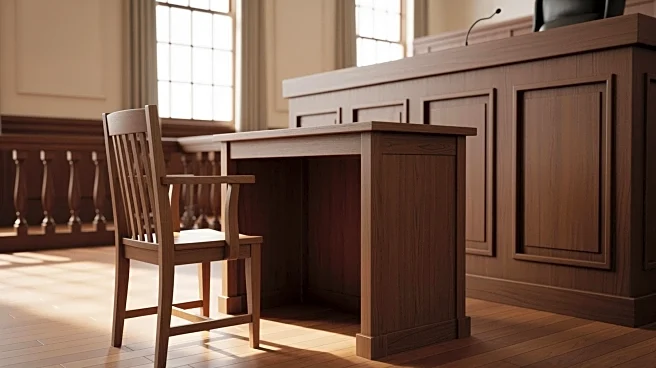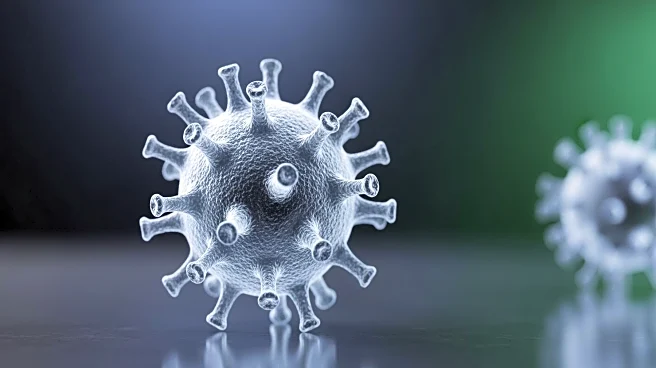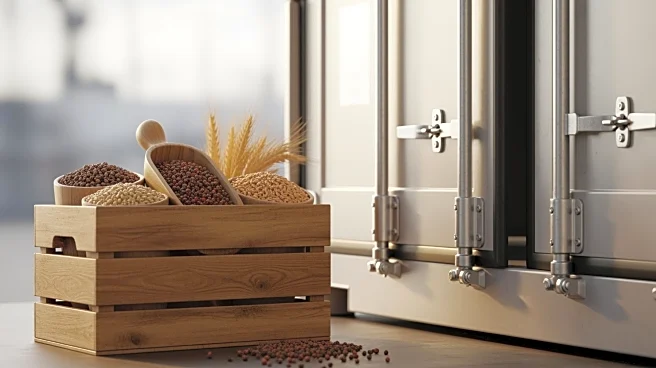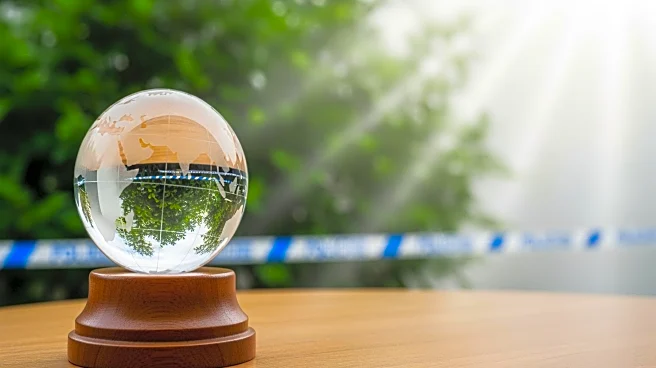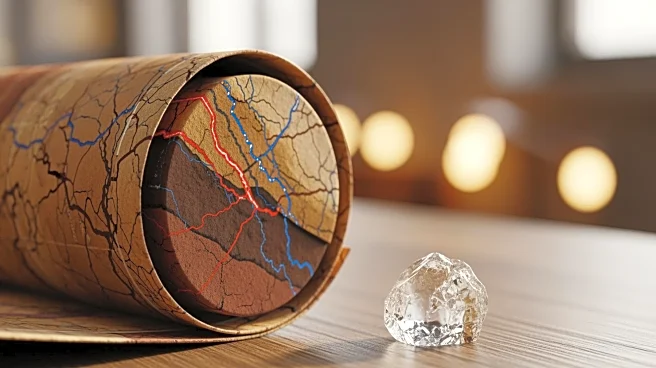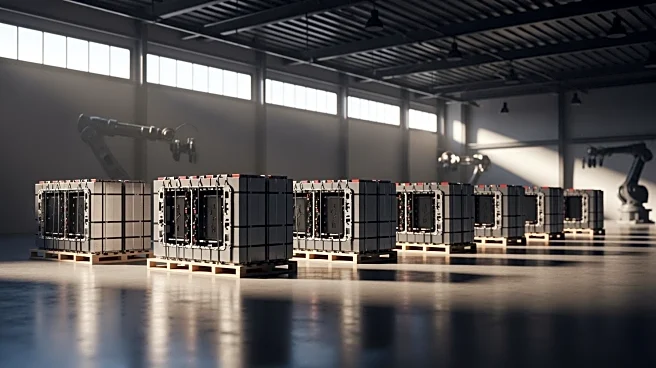Rapid Read • 7 min read
NASA has launched the second phase of the LunaRecycle Challenge, aimed at developing recycling solutions for waste generated during long-duration human deep space exploration missions. This phase includes a milestone round with submissions open until January 2026, followed by a final round. Up to 20 finalists will be announced in February 2026, competing with in-person prototype demonstrations in August 2026. The challenge focuses on recycling materials such as fabrics, plastics, foam, and metals generated by Moon missions. NASA estimates that a crew of four astronauts could produce over 4,600 pounds of single-use waste annually. The competition seeks solutions that manage trash volume and minimize resources during recycling activities, including astronaut crew time.
AD
The LunaRecycle Challenge is crucial for sustainable space exploration, addressing the significant challenge of waste management in space. Efficient recycling systems can reduce resupply needs and environmental impact, supporting long-term human presence in deep space. The challenge encourages innovation in recycling technologies, potentially transforming space exploration by enabling a sustainable human presence off Earth. Participants are expected to develop scalable and space-worthy recycling technologies, which could be deployed during upcoming lunar missions. The initiative also fosters collaboration among startups, academic institutions, independent inventors, and established companies.
Phase 2 of the LunaRecycle Challenge will focus on integration and practical deployment of recycling solutions. Participants will build physical prototypes and have the option to submit digital twins for extra awards. NASA hopes to identify promising technologies for future lunar habitats and operations. The challenge is managed by NASA’s Marshall Space Flight Center, with support from Kennedy Space Center and Ames Research Center. NASA is partnering with the University of Alabama College of Engineering, AI SpaceFactory, and Veolia to guide the competition. The ultimate goal is to generate scalable recycling technologies for lunar missions.
AD
More Stories You Might Enjoy
